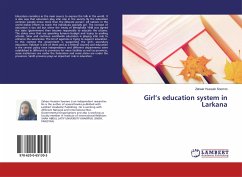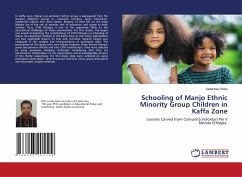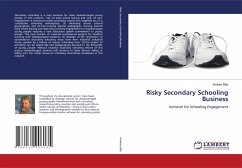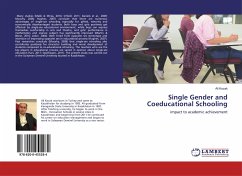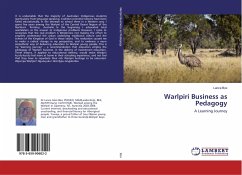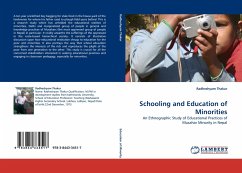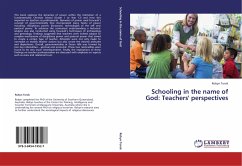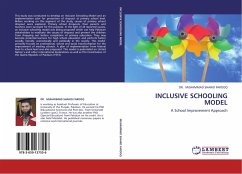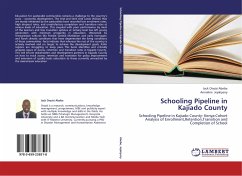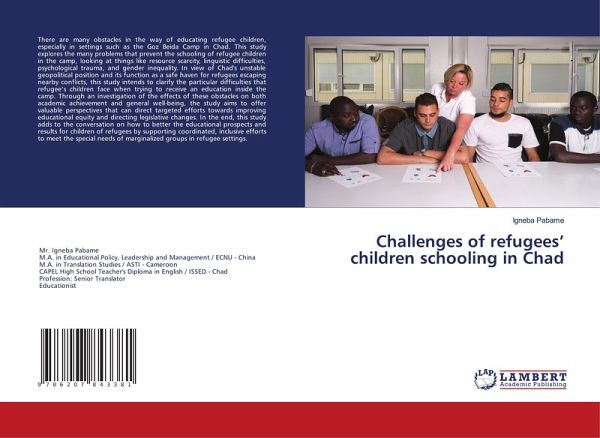
Challenges of refugees' children schooling in Chad
Versandkostenfrei!
Versandfertig in 6-10 Tagen
29,99 €
inkl. MwSt.

PAYBACK Punkte
15 °P sammeln!
There are many obstacles in the way of educating refugee children, especially in settings such as the Goz Beida Camp in Chad. This study explores the many problems that prevent the schooling of refugee children in the camp, looking at things like resource scarcity, linguistic difficulties, psychological trauma, and gender inequality. In view of Chad's unstable geopolitical position and its function as a safe haven for refugees escaping nearby conflicts, this study intends to clarify the particular difficulties that refugee's children face when trying to receive an education inside the camp. Th...
There are many obstacles in the way of educating refugee children, especially in settings such as the Goz Beida Camp in Chad. This study explores the many problems that prevent the schooling of refugee children in the camp, looking at things like resource scarcity, linguistic difficulties, psychological trauma, and gender inequality. In view of Chad's unstable geopolitical position and its function as a safe haven for refugees escaping nearby conflicts, this study intends to clarify the particular difficulties that refugee's children face when trying to receive an education inside the camp. Through an investigation of the effects of these obstacles on both academic achievement and general well-being, the study aims to offer valuable perspectives that can direct targeted efforts towards improving educational equity and directing legislative changes. In the end, this study adds to the conversation on how to better the educational prospects and results for children of refugees by supporting coordinated, inclusive efforts to meet the special needs of marginalized groups in refugee settings.





